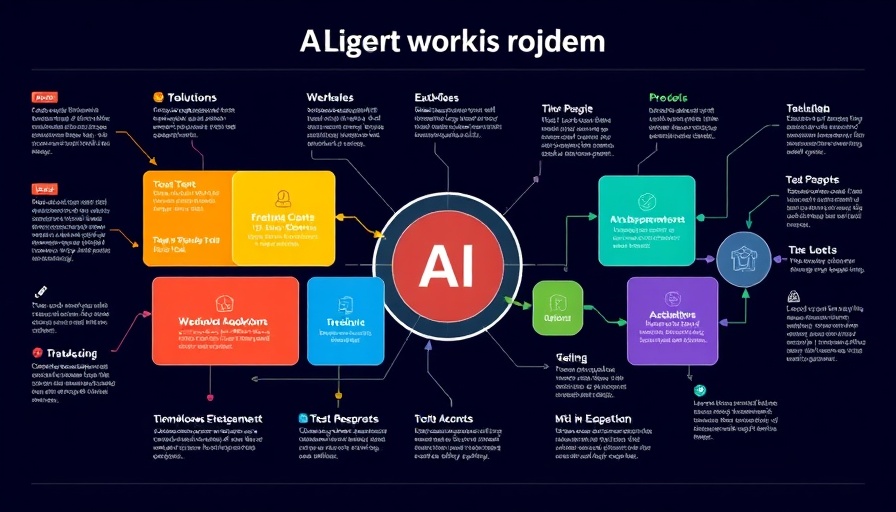
OctoTools Revolutionizes AI with Dynamic Reasoning
In today’s fast-evolving technological landscape, the need for sophisticated AI systems capable of complex reasoning has never been more pronounced. Stanford University researchers have recognized this demand and developed OctoTools, a groundbreaking open-source framework that enhances the abilities of large language models (LLMs) without necessitating extensive retraining. This innovative framework not only addresses the limitations of existing AI models but also establishes a new standard for how AI can interact with a plethora of external tools.
Understanding the Challenges of LLMs
Large language models have shown immense potential in various natural language processing tasks. However, they struggle with intricate reasoning tasks that require multi-step logic, extensive domain-specific knowledge, or seamless tool integrations. Traditional methodologies used to enhance LLM capabilities often involve cumbersome training processes that make models rigid and less adaptable to new challenges, leading to frustrating inefficiencies.
Introducing OctoTools: Key Features
OctoTools steps into this arena with a fresh approach, foregoing the need for fine-tuning typical of previous frameworks. Instead, it harnesses a novel concept known as tool cards. Each tool card encapsulates essential functionalities and metadata, simplifying the integration process of external tools. This modular structure allows OctoTools to effectively manage dynamic task requirements across numerous domains.
The Planner-Executor Model for Efficiency
At the core of OctoTools lies its unique planner-executor architecture. The planner analyzes a user's input, determines the necessary tools based on the task, and generates a plan. The executor translates this plan into actionable commands, enforcing a structured approach to tool utilization. This design separates high-level decision-making from low-level computations, significantly reducing errors and enhancing the system’s reliability.
Performance Breakthroughs Compared to Existing Frameworks
Extensive evaluations across 16 benchmarks reveal remarkable performance improvements with OctoTools. On average, the framework outperformed traditional models like GPT-4o by 9.3%, while achieving a staggering 10.6% improvement over competing agent frameworks, including LangChain and AutoGen. In particular, complex mathematical tasks saw a 22.5% accuracy boost, showcasing the framework's strength in multi-step reasoning.
Implications for Future AI Developments
The advent of OctoTools serves as a pivotal moment for agentic AI, enabling real-world applications across diverse fields ranging from mathematical analysis to medical diagnostics. Its introduction lays the groundwork for more intelligent systems that not only handle complex queries but also adapt seamlessly to varying tasks.
The Road Ahead: Expanding Functionality and Reach
As AI continues to integrate deeper into our lives, frameworks like OctoTools will likely pave the way for the next generation of intelligent applications. By enabling AI to operate without rigid constraints and augmenting their reasoning processes with specialized tools, this framework underscores the limitless possibilities that lie ahead in the realm of artificial intelligence.
Conclusion: A Free and Open Future
OctoTools represents a pivotal advancement in agentic AI technologies. By alleviating the often cumbersome need for extensive training and static toolsets, it has established a flexible and scalable platform that adapts to myriad applications. AI enthusiasts and developers alike should keep an eye on OctoTools as it sets a new paradigm in AI technology. Explore more about OctoTools on their GitHub page to discover its capabilities and contributions to the AI community.
 Add Row
Add Row  Add
Add 




 Add Row
Add Row  Add
Add 

Write A Comment